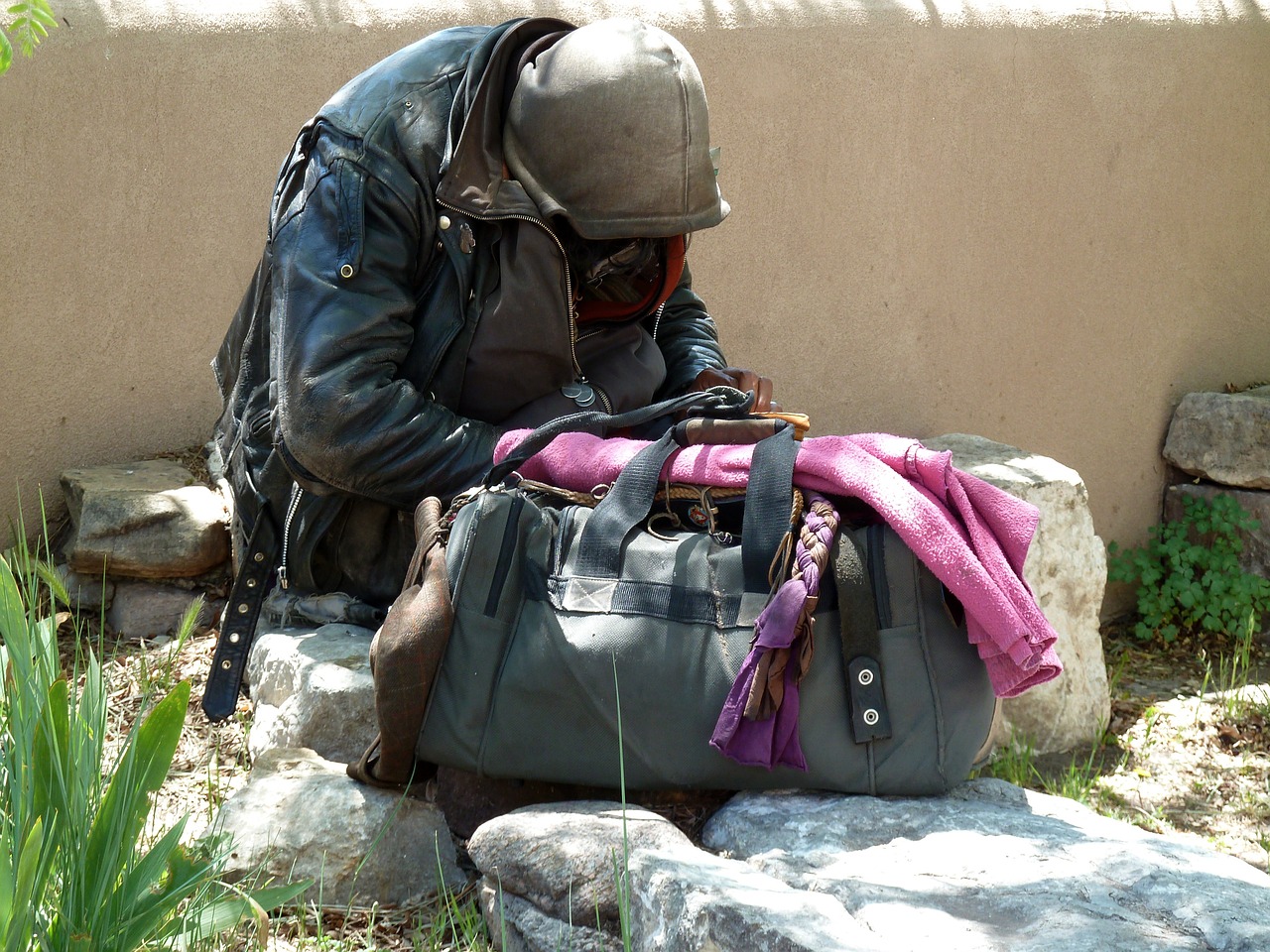How one homeless charity is doing more than giving people a place to stay
Tackling long-term homelessness is a complex problem. There is more to it than just providing people with a roof over their heads. When the cold weather bites, ensuring people are indoors is an immediate priority but keeping them there takes more work.
While crisis solutions can help make life immediately more tolerable for rough sleepers, the vast number of people in insecure accommodation at a time of rising costs is a potential social timebomb waiting to go off.
So what practical measures are being taken to address this pressing national challenge?
How a new approach aims to make a lasting difference
Solutions that are both realistic and scalable are not always easy to find. One leading UK charity believes it has found just that with its Independent Living Programme.
Spearheaded by entrepreneur and philanthropist, Javad Marandi, Centrepoint’s Independent Living Programme is looking to turn a two-city initiative into a truly transformative national scheme.
Centrepoint is the leading UK charity currently working to tackle issues around youth homelessness.
With a growing shortage of affordable homes to rent, particularly for young people, the number of 16-25-year-olds in insecure accommodation is growing. Many of these people will ultimately end up sleeping rough, with all of the associated risks and lost potential that goes with it. The longer people spend on the streets, the more likely they are to stay there.
The programme is aimed at supporting young people as they escape a cycle of poverty and homelessness, helping build independent adult lives. It combines affordable accommodation with employment, to create the perfect conditions for young people to prosper and thrive.
Beginning in London and Manchester, the scheme will initially build 300 rent-capped homes for disadvantaged young people. The rent for these properties will be capped at a third of their salary and will provide long-term accommodation.
To be eligible to apply for one of these properties, applicants will first need to secure employment through the Centrepoint Work Scheme. This provides young people with skills training, further education and support with job applications. They are then matched with an employer who has signed up for the scheme. Once successfully employed, the young person can then apply for a rent-capped property through the Independent Living Programme.
Affordable rents for ambitious young people
The young people in the Independent Living Programme will receive support to help them achieve their goals.
Being able to access affordable housing will be key to this support. Rent-capping the properties at a third of their salary would in effect mean that a young person earning a not untypical £18,000 a year would pay no more than £500 per month for their home. This compares with an average London market rent of over £1,800 a month for new tenants.
This long-term affordability means that young people will be able to take up employment opportunities without worrying about where they are going to be living, or how they will afford their rent.
A scalable plan for the future
Javad Marandi sees huge potential to scale up the scheme, not just in the two pioneer cities, but also across the country. Crucially, this vision encompasses both urban and more rural areas, where issues such as poverty and homelessness can often slip beneath the radar.
“I am confident that when we can show concrete evidence of how this scheme works, both practically and economically, we will be looking at building 30,000 homes across the country, helping people whatever their stage of life,” he says.
Marandi’s own track record of delivery when it comes to both entrepreneurial and philanthropic ventures is considerable and he is urging more investors and potential employers to get involved.
Centrepoint has vast experience in delivering and managing properties, and as the project grows, the unit cost per property will decrease from the current £70,000. The greater the support that the scheme receives in terms of land, property, expertise and tenant income, the cheaper the build costs will be and the greater the yield.
Marandi has set an ambitious target of 30,000 homes across the country, targeted not just at young people, but at disadvantaged people of all ages. Should the scheme be successful, it will be truly transformative for thousands of people and communities across the UK.

